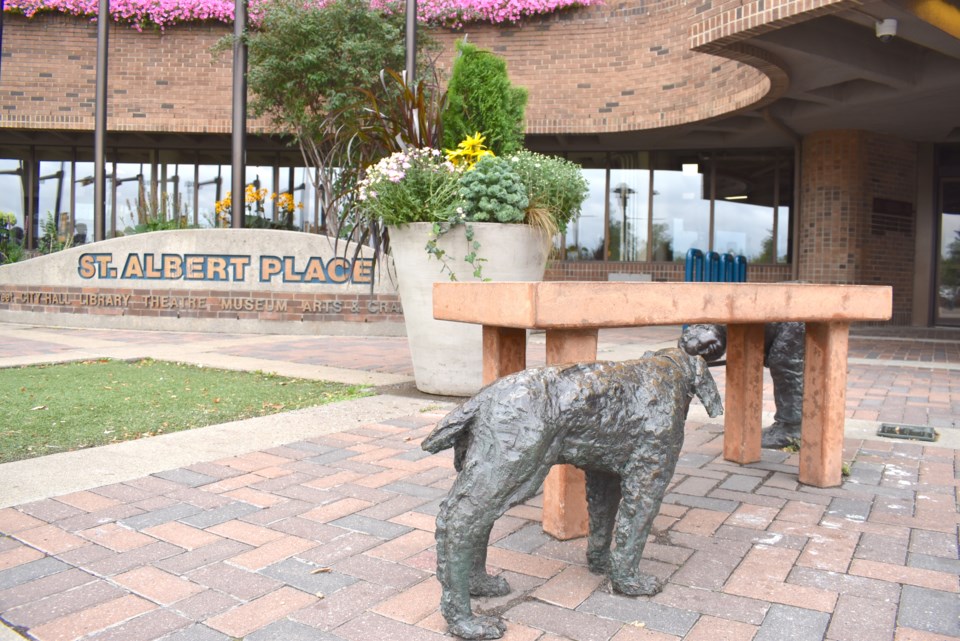The St. Albert and District Chamber of Commerce has asked the Alberta Utilities Commission to block a rate increase imposed by the city.
Councillors voted Oct. 15 to approve a suggestion by Coun. Mike Killick to increase the Gast Franchise Fee the city collects on utility bills from 20.3 per cent to 25 per cent. The move shifted costs from residents to non-residents, mainly businesses, and mitigated the proposed average tax increase for 2025 from 4.5 per cent to 4.0 per cent.
The change falls in line with the city’s stated goal of achieving a 70/30 split of the tax burden between residents and non-residents. Currently the ratio is closer to 80/20. But it runs afoul of the principles of fair taxation by increasing cost without adding value, Chamber chair Rosanna Fischer writes in the letter, which was copied to Minister of Municipal Affairs Ric McIver, council and the Gazette.
“Our concerns are echoed by previous experiences when the electrical franchise fee was increased, leading to financial strain on non-residential customers,” she wrote on behalf of the Chamber’s nearly 700 members. “The impacts of the current proposal could be substantial, especially for small businesses that are essential to the local economy.”
The Chamber called on the AUC to adopt the recommendations of the Alberta Chamber of Commerce, which include:
- Freeze all Local Access Fee (LAF) and Municipal Franchise Fee (MFF) rate increase applications;
- Mandate municipalities to report LAF/MFF revenues as distinct revenue line items in their annual consolidated financial statements.
- Publish LAF/MFF data on the Municipal Measurement Index.
She wrote that eliminating or freezing franchise fees “could lead to a more equitable financial landscape for all citizens.”
Mayor Cathy Heron said Tuesday afternoon the Chamber doesn’t seem to grasp that the thrust of the change is to shift the burden from properties that pay taxes to those that don’t, not to target entrepreneurs.
“It’s not trying to push the burden of revenue generation onto businesses,” she told the Gazette. “All the schools, all the hospitals, all the provincial buildings and federal buildings, they all are exempt from property taxes. But they do have to pay utility bill every month, so that's kind of the main driver behind it."
“Property owners who are paying the taxes will pay less in their property taxes and it will not increase their gas bill by as much as they will save in their property taxes.”
Coun. Sheena Hughes believes the shift is more of a shell game.
“While the budget shows a 4 per cent tax increase, an additional 0.5 per cent has shifted to increased gas franchise fees, making the true increased burden to residents 4.5 per cent for 2025.
“With utility rates also rising by 7.2 per cent next year, in part due to another noticeable increase in wastewater rates, this will an impact our cost of living. I will be keeping this top of mind as we move into budget decisions.”
The city is accepting feedback on the draft 2025 budget via a survey on its website.




